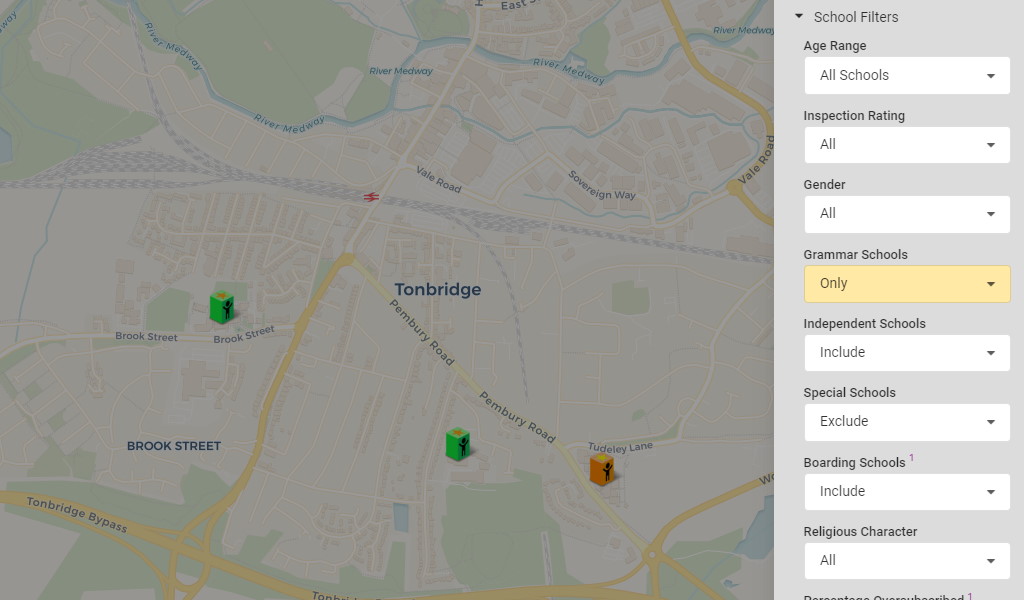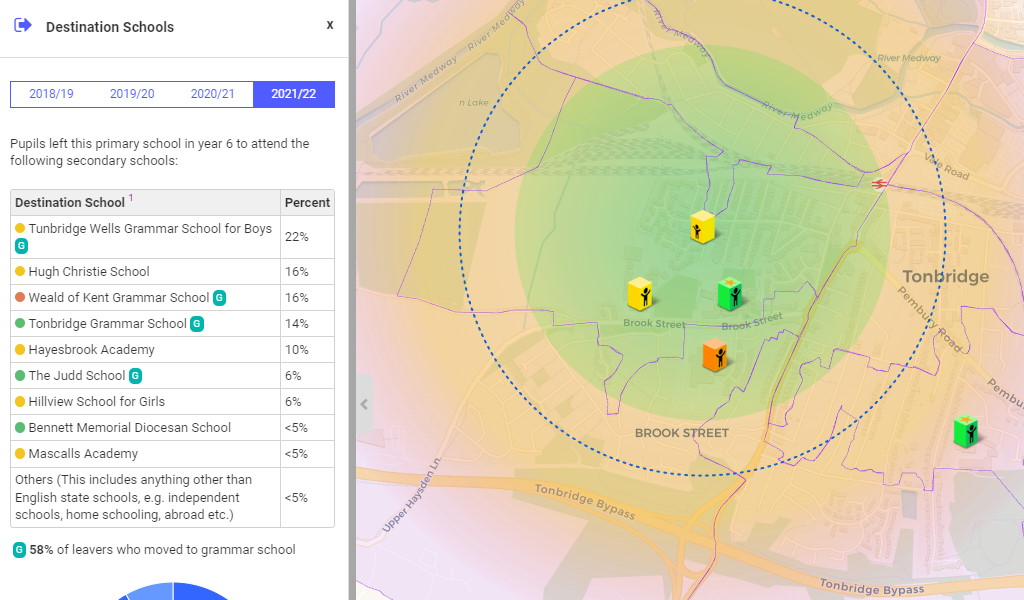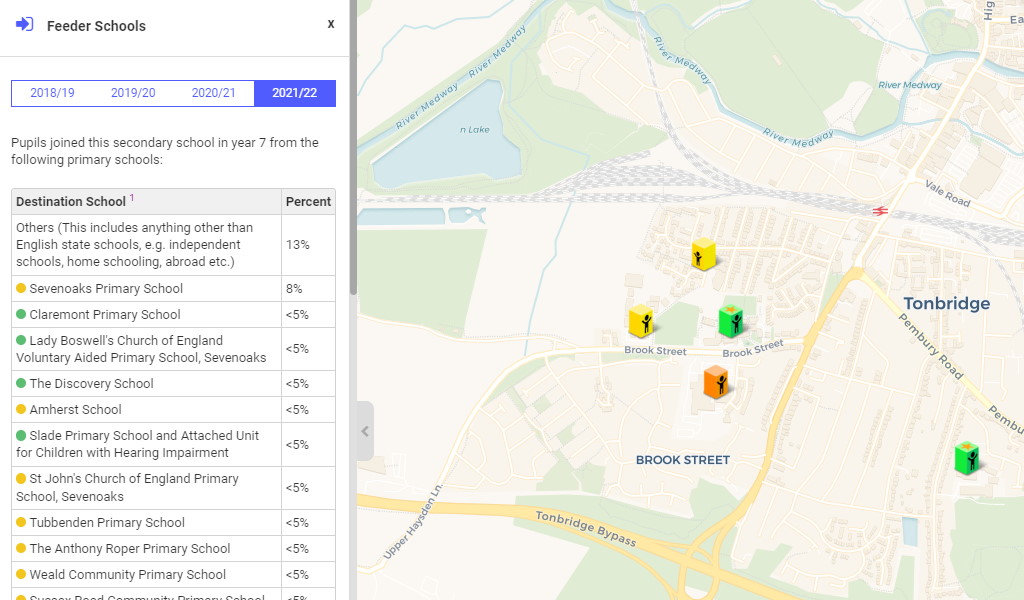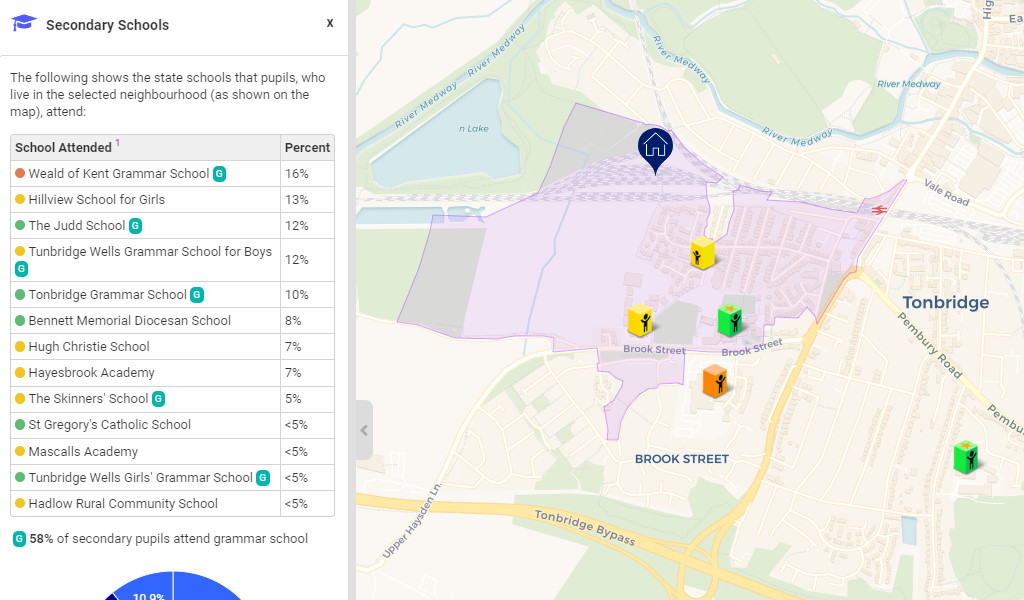Grammar schools, good or bad?
We get a lot of people, who are relocating from abroad to the UK (and who are maybe not familiar with the UK education system), ask us how to get their children into a grammar school. People see the great exam results of these schools and understandably want their own children to achieve the same high level and see attending a grammar school as the best way of doing this.
However, my personal thoughts are as follows:
- A lot of people heavily tutor their children so they do well in the 11+ (or equiv.); but without continued tutoring, those children may then struggle to keep up with the pace of teaching at the grammar school. Ultimately ending up with the child being in the wrong learning environment, one where they struggle and can "feel stupid", which can cause long term damage to confidence.
- Private schools can prepare children for the 11+ (e.g. with practice exams), state schools are not allowed to do so; even children in private schools are often still being heavily tutored outside of school. Hence, there is a real socio-economic in-balance at grammar schools (there are a lot of wealthy/middle class pupils). Although, I actually suspect this is, in part, why a lot of people choose them.
- I've seen no evidence either in data or experience that teaching is any better at grammar schools than at non-grammar schools; in fact, anecdotally I've heard the reverse can be the case. Keep a good eye on GCSE progress scores when looking at grammar schools, this shows you how much "value" the school is adding. However, if a pupil is and has always achieved top scores then progress (as a measure of score improvement) is tricky to measure; i.e. how much can you progress further if you are already at the top?!
- Grammar schools take the highest performing and most academic pupils, unsurprisingly these pupils tend to do well when they take their exams. Has the school got anything to do with that or would they have done well anywhere? I've always thought the later and a new study seems to bear this out: https://www.theguardian.com/commentisfree/2018/mar/28/grammar-schools-value-ditch-them-social-mobility-comprehensives
- Grammar schools often restrict the curriculum to a narrow set of academic subjects, giving pupils less choice as to what they can study.
- This is a real generalisation .. but I'll throw it out there ... anecdotally and based on personal experience, pastoral care can be poor. We've heard some real horror stories about grammar schools, in particular relating to bullying.
- Underperforming pupils will likely be encouraged not to take certain exams and even to leave the school (conveniently ensuring the school's results don't suffer). It is not uncommon for grammar schools to have sixth form entry requirements where those pupils who performed worst at their GCSEs have to leave, to be replaced by new pupils (who performed the best at other schools). No surprise therefore that the A-Level results end up being top performing as well as GCSE results!
So perhaps these schools are not the be-all-and-end-all.
That said, if your heart is set on a grammar, we have a lot of (unique to Locrating) features you can use to help you plan that move with precision:
- You can filter the map to show only grammar schools using the school filters under the map menu.

- When clicking on a primary school you can see the percentage of leavers who go on to attend a grammar school and which ones they attend; in the "destination schools" tab.

- When clicking on a grammar school you can see which primary schools pupils have come from; in the "feeder schools" tab.

- You can add a home location pin to the map to mark where to live (or intend to live) and when clicked you can view what percentage of pupils in the immediate area attend a grammar school and which ones.

Update: 21st Feb 2023, There is an interested article on the BBC regarding grammar schools here.
Author: Lewis Tandy



